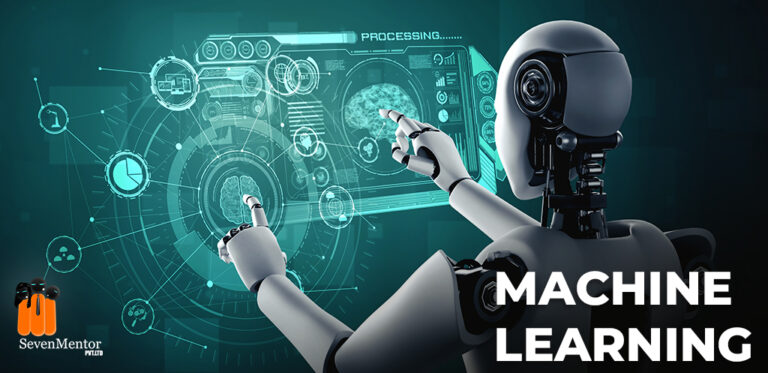The Internet revolution of the 90s and the mobile technology boom of 2010 have brought breakthroughs. The latest developments in generative AI is far bigger and will impact many business. AI engineers will be professionals who will use AI and machine learning techniques to develop systems that will solve problems and automate time-consuming tasks. AI algorithms can personalize vast amounts of data for developing products, services and experiences. AI is innovating in various industries such as finance, retail and education. Sarvajanik University, Surat is a well known institute for BTech course of Artificial Intelligence and Data Science. Below are some of the AI use cases:-
Personal Assistants
Siri, Google Assistant and Amazon Alexa are integrated into smartphones, smart speakers and other devices and can do a wide number of tasks for sending reminders, messages for music and to control smart devices.
Social media
Social media sites will utilize AI for examining user preferences and behaviour, suggest pertinent material, and customize the user experience. Meta uses AI to filter out deep fakes. Instagram uses AI for recommending posts and stories after analyzing user proclivity
Customer service
Voice assistance and chat assistance can be automated with these new-age generative AI technologies. Companies such as H&M, are using AI-powered chatbots to provide customer support. It is capable of handling large queries such as tracking orders and processing returns.
Healthcare
From drug discovery to clinical decision support, AI has been transforming the way how we are approaching healthcare. IBM Watson Health and Google DeepMind Health has been developing a large language model for the medical community that will help in business come up with products and services.
E-commerce
E-commerce platforms can make product recommendations based on user behaviour. Sales can be boosted by inducting AI in sales.
AI-generated deep fake videos have been a deep concern for the government and national security. There were around 15000 deep fake videos in circulation in September 2019 that has been spreading misinformation in the commoners These videos have mapped the faces of celebrities film star sports personalities with someone else. Fake videos are planted to spread misinformation among the general public to defame, slander and asperse to build a narrative and perception against them. Deepfake technology is being weaponized against women. Social media firms Facebook and Youtube has been widely used by the anti-social elements to spread misinformation among the commoners. After new breakthroughs in generative AI internet will get flooded by this misinformation. Before this invention, it was pervasive in just celebrity pornographic videos, revenge porn, fake news, hoaxes, bullying, and financial fraud.



















